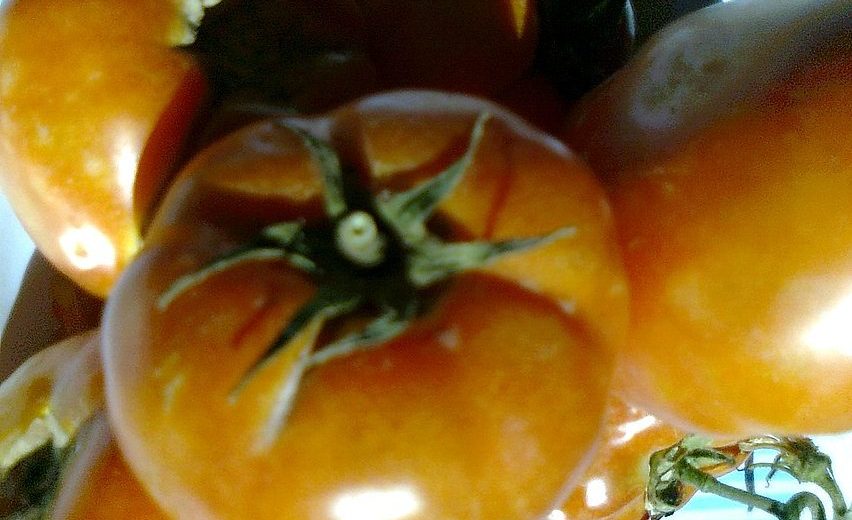As the Hamas war marches past its 460th day, the Israel tomato price monitor is ticking downward after a 90% local supply rally.
According to the Director General of the Ministry of Agriculture Oren Lavie, wholesale rates were down by 4 shekels ($1.09) to the kg on January 1, 2025.
Wholesale tomatoes that had been trading at 11 shekels ($3) a kg in late 2024 are now at 6 shekels ($1.64).
The Ministry links the improvements to local farmers who are now supplying 90% of the salad staple, nationally.
Homegrown supplies even offset the recent biting shortage following an export ban by key import source, Türkiye.
A Times of Israel report indicates that Turkish imports had hitherto been contributing 25% of the 200,000 tonnes Israelis consume annually.
The production rally follows the reoccupation of farms that were wasting away in northern Israel near Lebanon, after a ceasefire with Hezbollah.
Israel has also expanded tomato cultivation in the Golan heights near Syria, although the region is still contested.
Traditional hubs like the Jordan valley, Negev in the west and Arava in the south are all filling wholesale space.
Recovering production is helping make the popular sakshuka salad affordable as the raw material descends from the 2024 price heights. By September 2024, retail tomatoes peaked at 15 shekels ($4.10) per kg while premium cluster types garnered 25 shekels ($6.83).
Imports have now lost momentum but the country still has to ship in new farm workers from far away, including Africa.
The Levant nation lost its previous predominant Palestinian laborers after the October 7, 2023 ambush by Hamas.
The lowering of the recent Israel tomato price peak remains good for local horticulture, alongside the production rebound. Indeed, despite boasting tomato cultivation expertise, Israel’s retail prices had in Q1, 2024 nearly doubled the world’s average. The statistics below illustrate this point further.
Israel Tomato Price Statistics
Israel is a major grower and a leading importer of tomatoes. Despite being a world-class tomato breeding technology leader, the country sometimes faces demand and supply swings that affect prices. Prices rise during low production years, like 2022’s 290,000 tonnes, and 2024’s unofficial estimate of 200,000 tonnes (Crop GPT data). In 2024, for instance, the peak wholesale price was at 11 shekels ($3) per kg. The retail peak, meanwhile, hit 25 shekels ($6.83).
How does Israel’s tomato retail prices compare globally?
During times of shortage like in 2024, Israel’s retail tomatoes cost almost twice the global average. In March 2024, Israel ranked 12th worldwide with a price of $4.09 per kg while the world median was at $2.53. This according to Global Product Prices.
Is Israel self-sufficient in tomato production?
Israel normally meets its consumption needs of around 200,000 tonnes per annum by producing 324,684 tonnes (2023 FAOSTAT figures). The 2023 production figure is however lower than the highest in recent memory, namely 1999’s 595,000 tonnes.
